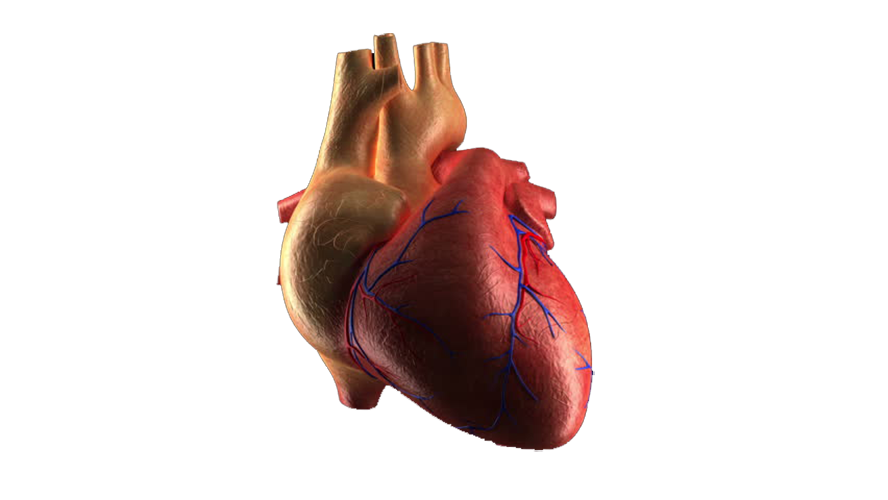Ebstein’s anomaly Expert in Perumbakkam
Your Trusted Partner in Ebstein’s anomaly
Ebstein’s anomaly is a rare congenital heart defect where the tricuspid valve is abnormally positioned and often leaky, leading to improper blood flow in the heart. We are here to provide you with top-notch care and guidance to tackle your problems.

Understanding Ebstein’s Anomaly
Causes of Ebstein’s Anomaly
The exact cause of Ebstein’s anomaly is not well understood, but it is believed to result from a combination of genetic and environmental factors. It can sometimes be associated with certain medications taken during pregnancy or maternal infections, but in many cases, the cause remains unknown.

Symptoms of Ebstein’s Anomaly:
- Cyanosis (bluish skin or lips) due to decreased oxygen levels in the blood
- Shortness of breath, especially with physical activity.
- Fatigue.
- Heart palpitations or arrhythmias.
- Swelling of the legs, ankles, or abdomen
- Heart murmurs, often detected during a medical examination.
- Slow growth and poor weight gain in infants and children
When to see a doctor
Serious heart problems in a baby are often diagnosed at birth or during routine pregnancy checkups.
Make a health appointment if you or your baby have symptoms of heart problems. These symptoms include feeling short of breath or easily tired with little activity, irregular heartbeats, or blue or gray skin. You may be referred to a doctor trained in heart diseases, called a cardiologist.
Heart conditions associated with Ebstein Anomaly
Babies born with Ebstein anomaly may have other heart problems, including:
- Holes in the heart: A hole in the heart can lower the amount of oxygen in the blood. Many babies with Ebstein anomaly have a hole between the two upper chambers of the heart. This hole is called an atrial septal defect. Or there may be an opening called a patent foramen ovale (PFO). A PFO is a hole between the upper heart chambers that all babies have before birth that usually closes after birth. It can remain open in some people.
- Irregular heartbeats, called arrhythmias: Heart arrhythmias may feel like a fluttering, pounding or racing heartbeat. Changes in the heartbeat can make it harder for the heart to work as it should.
- Wolff-Parkinson-White (WPW) syndrome: In this condition, an extra signaling pathway between the heart’s upper and lower chambers causes a fast heartbeat and fainting.
Risk factors
Ebstein anomaly occurs as the baby grows in the womb during pregnancy.
During the first six weeks of pregnancy, a baby’s heart begins to form and starts beating. The major blood vessels that run to and from the heart also begin to develop during this critical time.
It’s at this point in a baby’s development that congenital heart problems may begin to develop. Researchers aren’t sure exactly what increases the risk of a baby having Ebstein anomaly. Genetics and environmental factors are believed be involved. Using some medicines during pregnancy, such as lithium, might increase the risk of Ebstein anomaly in the child.
Treatment
- Medications: To manage symptoms, regulate heart rhythm, and improve heart function.
- Surgical Repair: In severe cases, surgical correction of the tricuspid valve or other heart abnormalities may be necessary.
- Regular Monitoring: Ongoing follow-up with a cardiologist to track the condition and adjust treatment as needed.
Prevention
Prevention is challenging as the cause is often not well understood. In some cases, it may be associated with maternal medication use or infections during pregnancy, so avoiding such risks can potentially reduce the likelihood of this congenital heart defect. Genetic counseling may be considered for families with a history of Ebstein’s anomaly.
Frequently Asked Question on Ebstein’s Anomaly
Ebstein’s anomaly is a rare congenital heart defect characterized by an abnormally positioned and often leaky tricuspid valve, leading to improper blood flow in the heart.
Treatment may involve medications to manage symptoms, surgical repair of the tricuspid valve, or other heart abnormalities, and regular monitoring by a cardiologist
:The prognosis varies, but with appropriate care and intervention, many people with Ebstein’s anomaly can lead healthy lives and have a good quality of life.
Symptoms may include cyanosis (bluish skin), shortness of breath, fatigue, heart palpitations, swelling, heart murmurs, and slow growth in infants and children.
